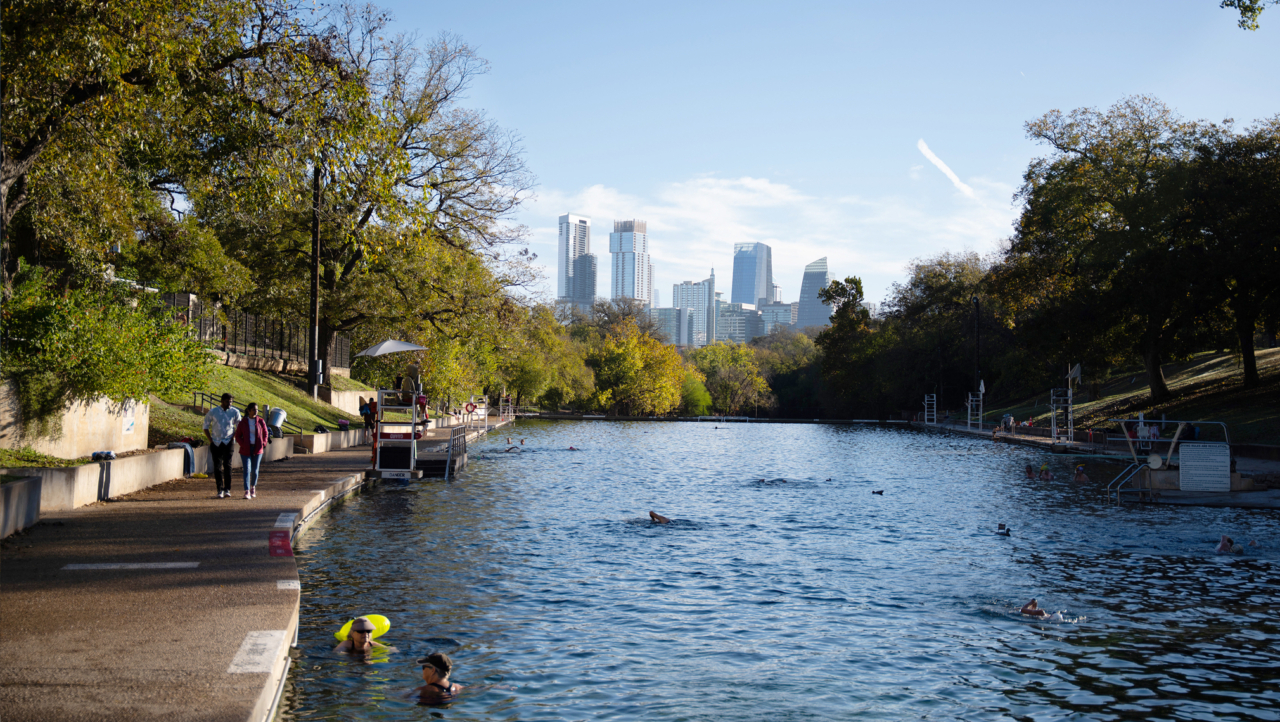What to Do When Your Apartment Lease Is Up


Written by Jennifer Lyons on June 19, 2025
Reviewed by Chrissy Tran
When your apartment lease is about to end, you have a range of options — each with its own set of possibilities and considerations. Whether you’re planning to stay in your current apartment, looking to explore new opportunities, or weighing flexible terms, having clarity on your choices can make the process much smoother.
Here’s a breakdown of what you can do when your apartment lease is up and how to make the best choice for your situation.
Option 1: Stay in your apartment
If you love your current living space and it still meets your needs, staying in your apartment might be the simplest route. This option provides the comfort of continuity — no packing, no moving, and no hassle.
The choice to remain in your apartment may also hinge on your relationship with your landlord and their willingness to keep you as a renter. Be sure to communicate with your property manager or landlord to determine the next steps. Staying in your apartment often involves a lease renewal or a lease extension, which could require an agreement or updated paperwork.
Renew your lease
Renewing your lease is a popular choice if you want to commit to a longer-term stay. A lease renewal typically involves signing a new agreement that outlines updated terms, such as rent adjustments or changes to building policies.
Things to consider before renewing:
- Does the rent increase fit your budget? When renewing an apartment lease, you should be prepared for the landlord to renegotiate the rent, although this is not always the case.
- Are there any changes in lease terms that might affect your decision (e.g., new fees or rules)?
- Does your current living arrangement still align with your personal or professional plans?
Provide your landlord with plenty of notice if you are considering renewing your lease. While renewal notice periods vary, starting the conversation 60-90 days before your lease ends can give you time to review any changes, negotiate lease renewal terms, and ensure a smooth transition. Having preliminary discussions not only benefits your terms in the future, but it is also courteous and allows for a good relationship with your landlord.
Extend your lease
Not ready to commit long-term but still need extra time? Many landlords allow tenants to extend their leases for a few months after the original term ends. Renters choose to extend their leases for a variety of reasons, such as employment uncertainty or the possibility of an upcoming life change. This can be a great option if you’re in a transitional phase — whether you’re planning to move soon or just need flexibility.
Switch to month-to-month
A month-to-month lease offers more flexibility than a fixed-term lease. It gives you the freedom to stay without being tied to a long-term commitment, which is ideal if you’re unsure about future plans or are actively searching for a new place.
Things to know:
- Rent for month-to-month agreements can be higher than your original lease.
- Landlords may still require at least 30 days’ notice before you move out.
- Month-to-month leases also allow landlords to raise rent or terminate the tenancy, typically with a 30 day written notice — though some states require more notice or place limits on how often and by how much rent can be increased. Check your local laws for specific rules.
If flexibility is your priority, a month-to-month lease might work well for you.
Option 2: Move out
Find a new place
If your current apartment no longer fits your budget, lifestyle, or location preferences, moving out could be the right choice. Whether you're looking for more space, a new city, or a chance to explore other amenities, moving opens the door to exciting opportunities.
Provide proper notice: Most leases require a written notice (usually 30–60 days) before your lease ends. Check your lease agreement for specific requirements.
Plan ahead: Schedule movers, pack your belongings, and update your address ahead of time to avoid last-minute stress.
Pro tip: Start your apartment search early. Tools like Zillow can help you find the perfect new place, complete with the features and amenities you’re looking for.
Give notice
If you haven’t decided where to move next but don’t want to commit to another lease term, giving notice and moving out at the end of your lease can provide a clean break. Be sure to check your lease for guidance on how far in advance you need to provide notice (typically it’s 30 to 60 days) and how it needs to be received (almost always in writing). What to expect when giving notice:
- Communicate with your landlord in writing, following the timeline and format specified in your lease.
- Arrange to return your keys, and ask for instructions on final walkthroughs or the return of your security deposit.
- If you’re unsure about interim housing, consider short-term rentals elsewhere. For renters considering a temporary stay on a budget finding a room for rent is an economical option that allows for monthly flexibility.
Ultimately, the decision to renew a lease or move out centers on the needs of the renter. Consider factors such as your financial situation, personal circumstances, and your overall satisfaction with the location when deciding which option makes the most sense for you. By researching lease options and keeping an open dialogue with your landlord, you will be better prepared for the next step once your current lease comes to an end.
Find an apartment you’ll love on Zillow
With Zillions of up-to-date listings and filters for your must-haves, it's easy to find your perfect apartment on Zillow Rentals.
Search rentals


